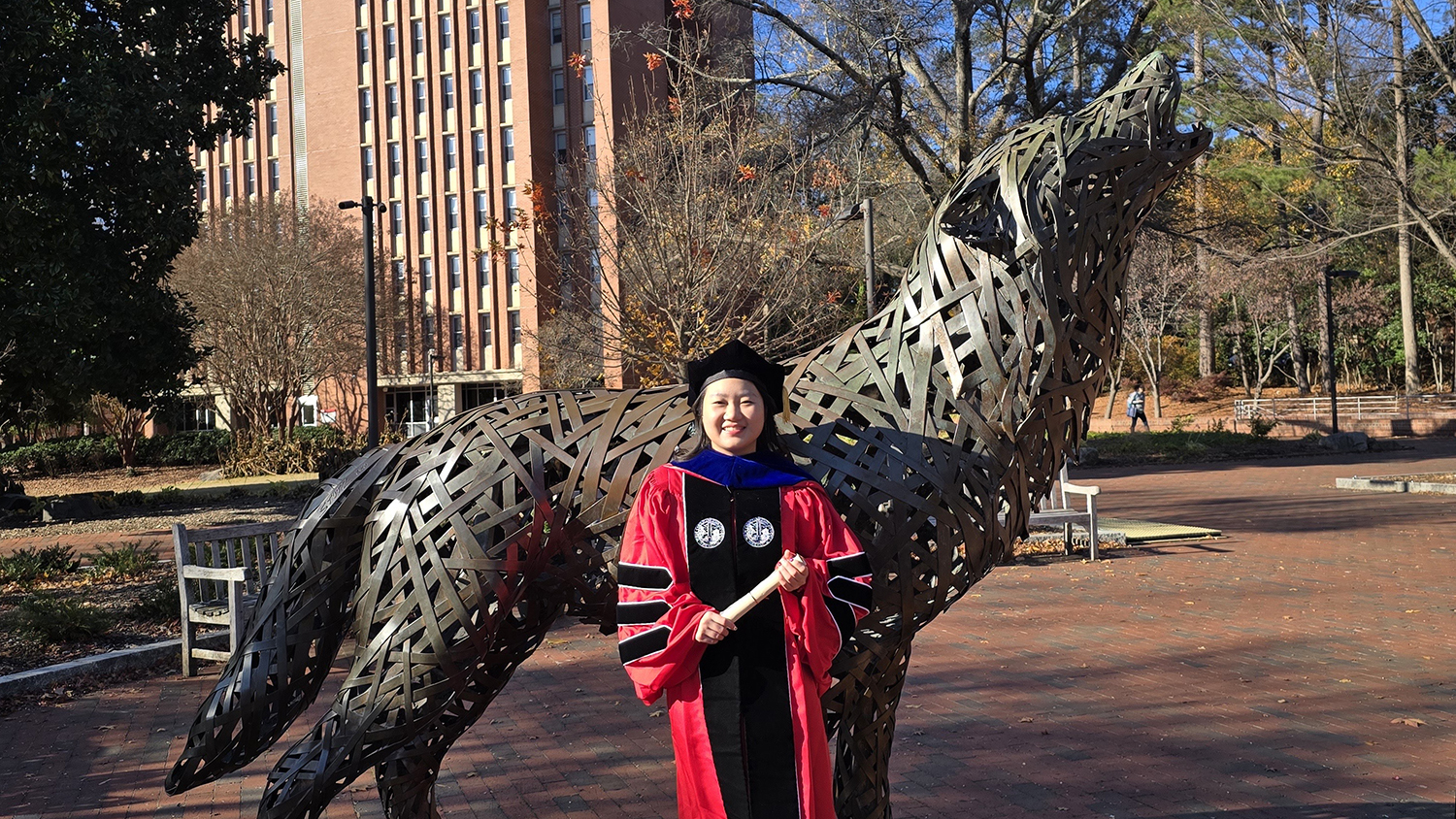Researchers receive grant to study GenX exposure in New Hanover County residents

Researchers from North Carolina State University have received a grant from the National Institute of Environmental Health Sciences (NIEHS) to study GenX exposure among New Hanover County residents.
GenX is a chemical generated in the production of nonstick coatings for cookware. In early 2017, GenX was detected in North Carolina’s Cape Fear River, which serves as a drinking water source for around 300,000 residents in the lower Cape Fear River basin, including residents of New Hanover, Brunswick and Pender counties. Although the chemical is no longer being discharged into the river, measurable amounts of GenX are still being found in drinking water.
Little is known about how GenX is stored in the body, the toxicity of GenX or how long the chemical will remain in the environment. The NIEHS has awarded a two-year, $275,000 grant to NC State to address these questions. Jane Hoppin, associate professor of biological sciences and deputy director of NC State’s Center for Human Health and the Environment (CHHE), is the primary investigator on the project.
Hoppin and her co-investigators will conduct a cross-sectional, community-based study of lower Cape Fear River area residents who are served by public utility water. They will recruit 400 volunteers who will give blood, urine and drinking water samples and complete a questionnaire on their water-use history. The samples will be analyzed for GenX and related chemicals. Blood and urine samples will also be used for clinical tests (lipid profile, thyroid function, liver function and urinalysis). All results from the study will be shared with both the community as a whole and each individual participant.
“This project leverages the expertise of NC State’s Center for Human Health and the Environment to respond to an emerging community concern,” Hoppin says. “We will work with our partner institution East Carolina University (ECU) and the Cape Fear community to investigate concerns about exposure to GenX and other related chemicals.”
NC State co-investigators include professor of civil construction and environmental engineering Detlef Knappe; CHHE community outreach director Katy May; and William Neal Reynolds Distinguished Professor of Toxicology and CHHE director Rob Smart. ECU researchers Suzanne Lea, David Collier and Jamie DeWitt are also co-investigators. The researchers will work with community partners Cape Fear River Watch and New Hanover County Health Department. For more information about the study, go to https://chhe.research.ncsu.edu/coec/projects/genx/the-genx-exposure-study/
-peake-
This post was originally published in NC State News.
- Categories:


